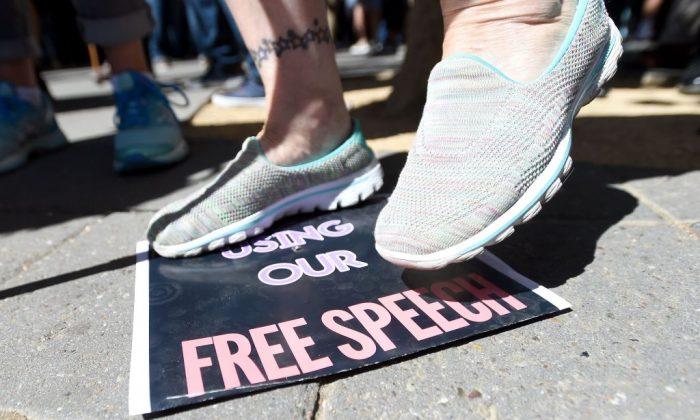If the Law Society of British Columbia (LSBC) had its way, freedom in Canada would be enjoyed only by people who agree with government-approved beliefs and behaviours as dictated by majority vote.
The LSBC makes this case in its legal brief, filed in response to a court action brought by Trinity Western University (TWU) in which this private, Evangelical Christian university asserts its Charter freedoms of expression, religion, and association.
TWU receives no government funding. Despite very high tuition fees, TWU is a top-ranked university by students who made the costly choice to study there. TWU welcomes atheists and LGTBQ+ students along with members of all faiths who, as part of choosing TWU, choose to abide by TWU’s Community Covenant while studying at TWU.





